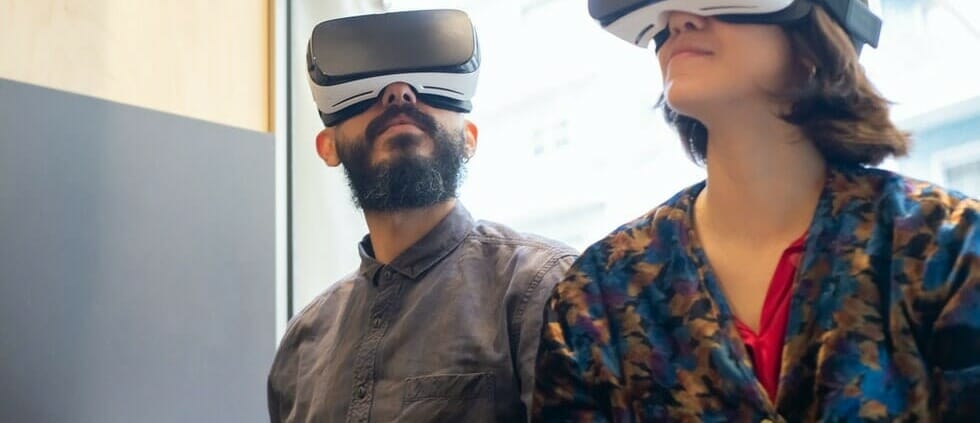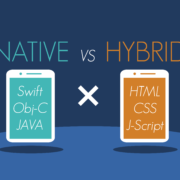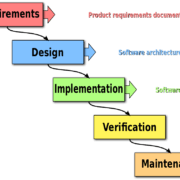What The Metaverse Means For Developers
If you regularly follow tech media outlets, you’ve likely heard of the metaverse. But even if you haven’t, recent announcements by the Facebook founder, Mark Zuckerberg, turned heads. He launched an ambitious initiative that will transform the social media giant into an all-encompassing metaverse company. Now that’s big news that no developer can ignore!
But will the metaverse live up to expectations, or is it only hype? While we don’t have a crystal ball to predict its future, many big players want to make the metaverse a part of our lives. We’ve seen how the internet, smartphones, and cryptocurrencies gained support early on and now enjoy wide adoption. Thus, the metaverse may enjoy a similar fate and open up many exciting opportunities for developers.
What Exactly Is The Metaverse?
If you’ve played an immersive 3D game or tried out virtual reality (VR), you’ve experienced something akin to the metaverse. A better example is Second Life, an online virtual world dating back to 2003. It combined gameplay aspects from massively multiplayer online role-playing games (MMORPGs) and social space for users to interact with each other.
Yet what made Second Life so compelling is how users could craft clothes and other goods for their 3D avatars and sell these to others. Many savvy content creators took advantage of this and started selling their virtual goods within Second Life’s marketplace. Thus, giving birth to an early model of a digital economy that functioned independently from exterior influences.
And you could also say that Second Life is the granddaddy of the modern metaverse. But there are a few differences, as the metaverse doesn’t rely on an MMORPG as its core component and doesn’t have the limited appeal of Second Life. After all, not everyone is a gamer, and many users would prefer to trade virtual goods or provide other services instead.
What Can Users Do In The Metaverse?
We’ve already established the metaverse is like a giant virtual sandbox that allows for many forms of user interaction. And a key reason why Facebook is moving in this direction is that it’s a natural evolutionary process for the company. It already engages over 2.9 billion active users that interact with each other and conduct business directly on Facebook.
So every social media outlet and any business that engages with these outlets will give users the necessary tools to interact within the metaverse. In a way, they will democratize the creation process of virtual goods and services for the masses.
Architects can create and sell virtual real estate, while artists and designers can turn their creations into non-fungible tokens (NFTs) and sell them at auctions. Furthermore, advertisers and fashion brands can use the floor space and shops within the metaverse’s virtual malls. And due to the easy integration of blockchain technologies, expect crypto transactions to become commonplace.
What Opportunities Should Developers Pursue?
Developers should focus on blockchain technology and crypto APIs. These must work flawlessly with any virtual stores found in the metaverse. And make it easy for users to conduct transactions via any device, whether a smartphone or virtual headset.
But there are also many opportunities for creating the tools that will empower users. Easy-to-use 3D modeling apps, NFT minting tools, and secure crypto exchanges will be essential. On top of that, create apps that allow users to trade virtual goods, hire virtual laborers, and host virtual events.
In Conclusion
The metaverse is still in its infancy but promises big things thanks to the support coming from Epic Games, Facebook, and Microsoft. And it may very well become the next big thing that opens doors for creative and savvy developers. Contact NS804 to learn how we’ll help you create stunning apps for smartphones and the metaverse.












Leave a Reply
Want to join the discussion?Feel free to contribute!